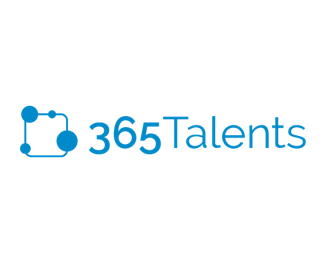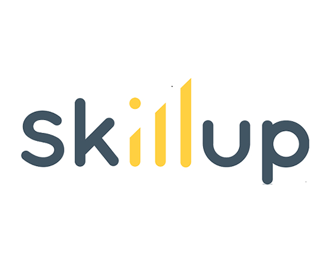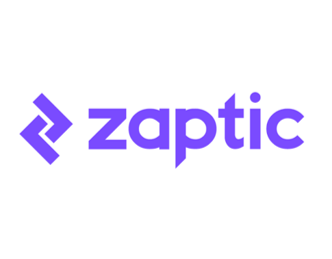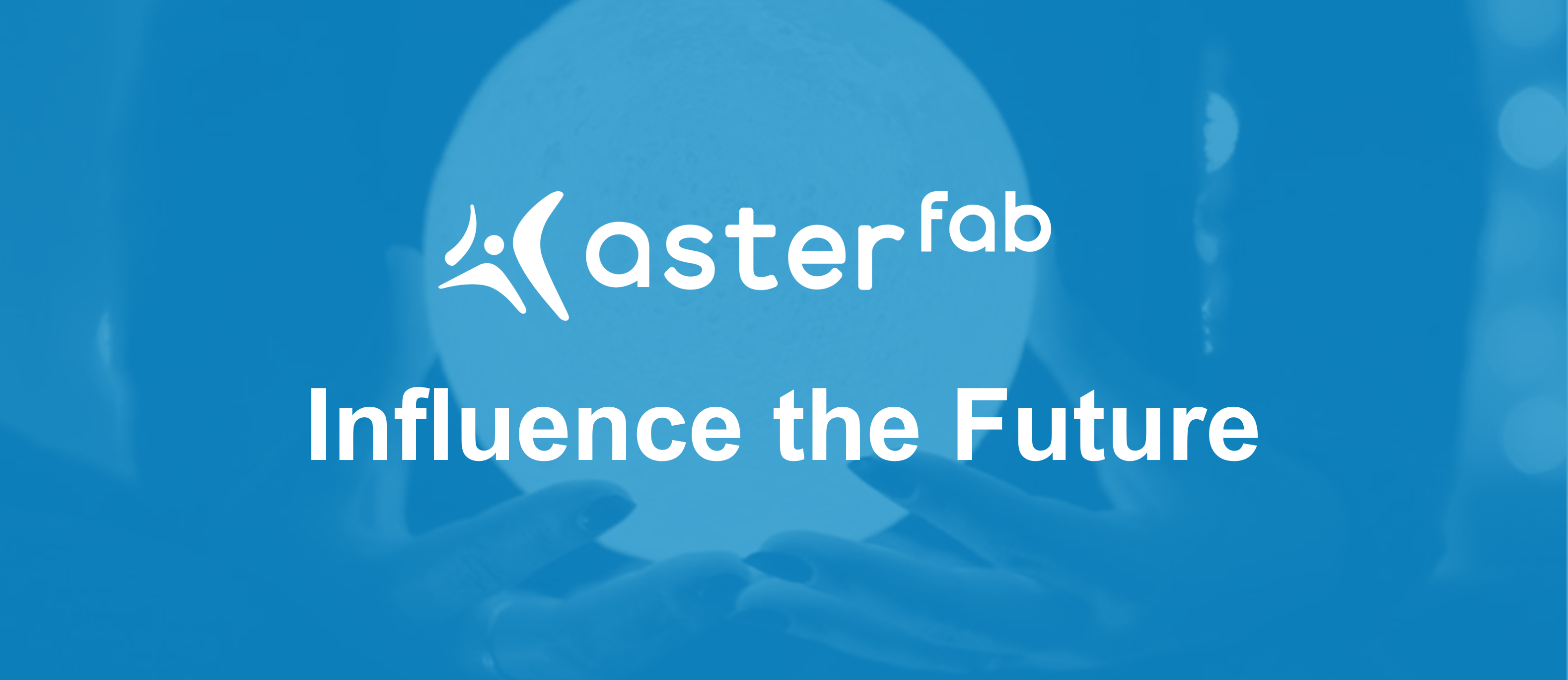123Fab #20
1 topic, 2 key figures, 3 startups to draw inspiration from

The digitization of Human Resources
The Covid-19 pandemic and the resulting lockdown period have redefined work patterns and employee behavior. With remote working becoming the new norm during lockdown, the number of remote workers has significantly increased. While 30% of employees surveyed worked remotely at least part of the time before the pandemic, Gartner analysis reveals that post-pandemic, 41% of employees are likely to work remotely at least some of the time. Other trends resulting from the current situation are also reshaping HR management, such as the increased focus on employee well-being and safety, the increase in contingent work, and the increased focus on employee engagement and productivity data.
These trends have forced HR teams to rethink corporate hiring, performance, experience, and management strategies, primarily through the adoption of integrated talent management software systems. If the digitization of HR is not something new, the pandemic has certainly accelerated a profound transformation in the way large companies convey their culture and values and ensure knowledge transfer.
The integration of digital tools into HR management has 3 main benefits for companies: 1) the automation of processes, reducing the time spent by HR teams on repetitive tasks 2) an enhanced employee experience, increasing employee satisfaction and well-being 3) the opportunity to use this freed-up time to rethink corporate HR strategies.
Covid-19 has created new business opportunities for HR tech startups that are now positioned in 4 fields:
- Digital employee onboarding, cross-boarding, and off-boarding: digital onboarding tools are a great solution to save time on administrative topics, engage employees through personalized integration journeys, and accelerate employee learning curves.
- Digital employee training and knowledge transmission: companies can transmit employee knowledge and skills through digital soft skill peer-to-peer coaching tools for white-collar workers and AR/VR training for blue-collar workers.
- Real-time employee engagement monitoring: companies can track employee performance and engagement through data processing and AI to improve productivity and employee well-being.
- Digital hiring tools, powered with AI to match candidate profiles and shortlist resumes based on the required skills, roles, and expertise level.
The integration of Artificial Intelligence into HR processes appears promising, especially to hire, engage, and retain candidates and employees. Yet, the technology has not reached its full potential and effective applications are still very limited: AI algorithms are still struggling to effectively match human skills to job descriptions because they do not fully capture and understand the human parameters and specifics of hiring standards.
2 Key Figures
1,549 HR tech startups
in the world, according to AngelList
Market size expected to reach $10bn by 2022
According to Markets and Markets, the global HR software market size was valued at $6.5bn in 2017 and is expected to reach $10bn by 2022.
3 startups to draw inspiration from
This week, we identified three startups that we can draw inspiration from: Carbon Clean, Woodoo and Kenoteq.

365talents
365talents is a French startup that develops an artificial intelligence SaaS solution for HR management including strategic workforce planning, internal talent marketplace and upskilling.

Skillup
Skillup is considered as the new Tripadvisor for professional training hosting over 20k training sessions, aiming to help HR services to find the adequate training for employees.

Zapitc
Based in the UK, Zaptic is a startup that creates a connected worker platform providing job instructions for frontline operation teams.

